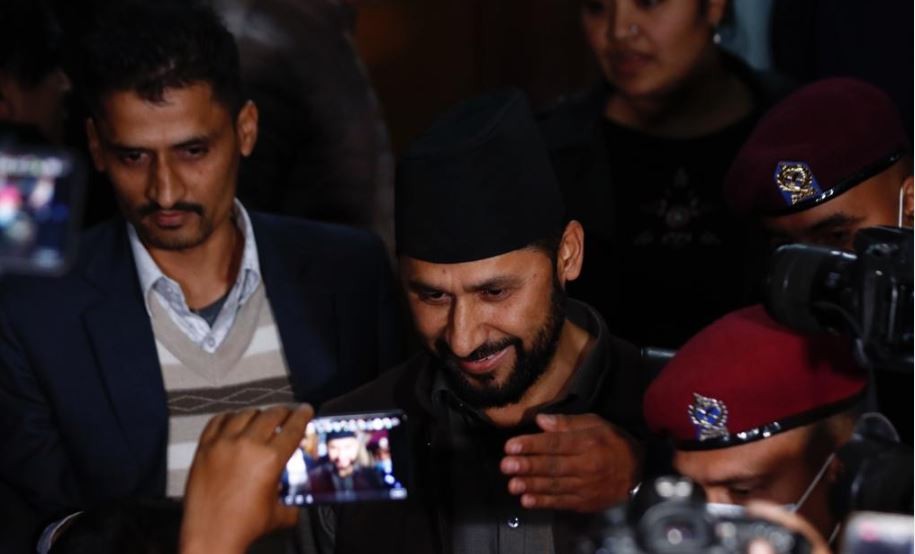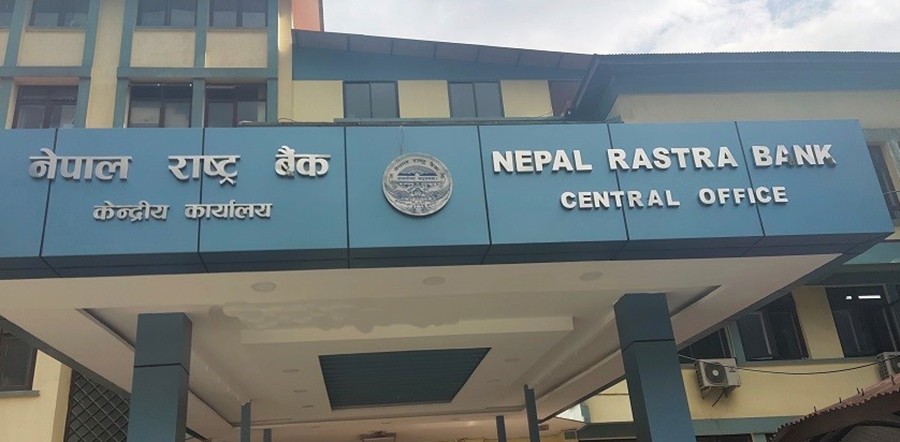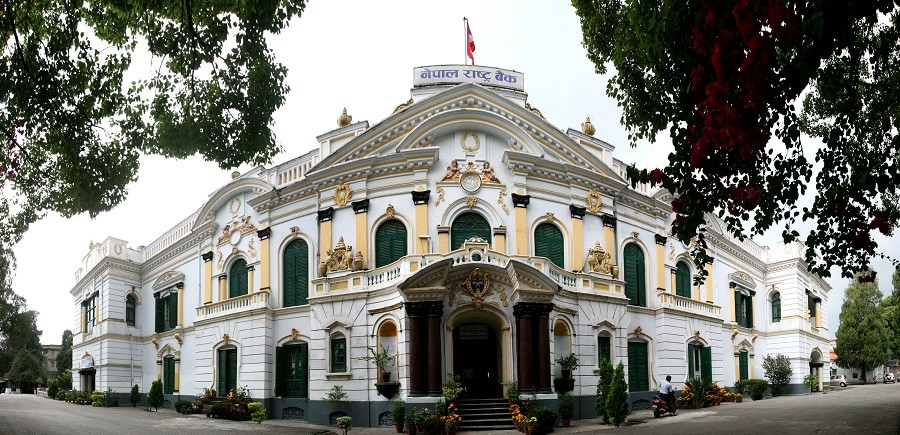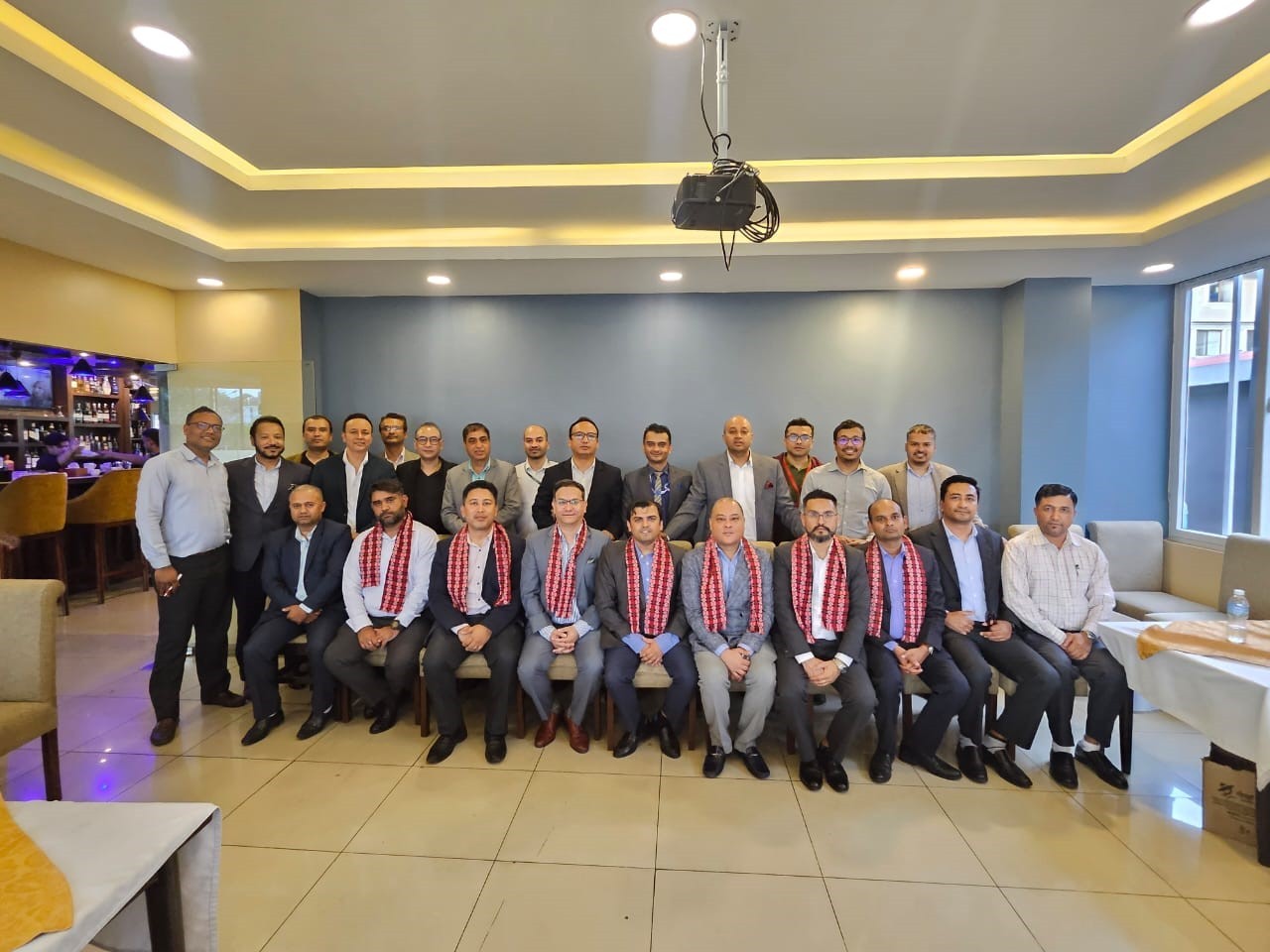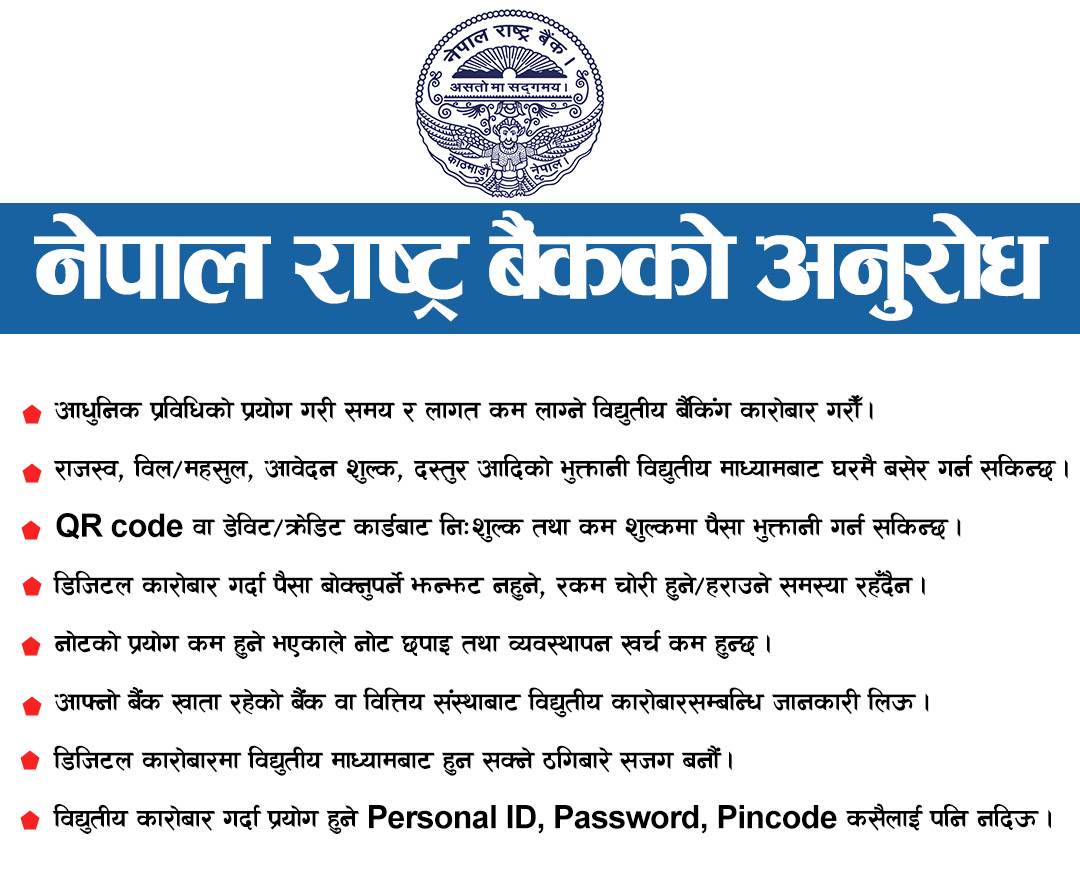Cyber Slave story : Ravi was kidnapped and Trapped in the Myanmar Jungle camp
Apr Tue 2024 04:04:41
2300 views

24-year-old Ravi from Sri Lanka went to Thailand for an IT job. However, instead of working in a high-rise office in Bangkok, he was trapped in a dark complex in Myanmar. Ravi was kidnapped. Then he was taken across the river near the Thai border town of Mae Sot. "They undressed me, put me on a chair and gave me electric shocks on my legs, I thought my life was over," said Ravi. "There, I was sold to one of the many camps for Chinese-speaking people doing online scams," he says.
Trafficking victims like Ravi are forced to work long hours in these camps. Fake online identities are created for these victims and presented as women. Their job is to cheat single men in America and Europe. In August 2023, the United Nations estimated that more than 1.2 million people in Myanmar and 100,000 people in Cambodia were forced to commit various types of online scams.
According to the United Nations, they are being used in activities ranging from illegal gambling to cryptocurrency fraud and online scams. According to an Interpol report last year, online fraud centers were located in Laos, the Philippines, Malaysia, Thailand and Vietnam. The Interpol spokesperson said that this trend has now become a regional problem rather than a threat to global security.
According to the organization, many other countries have become centers of fraud, routes of fraud or human trafficking. At the beginning of this month, the Indian government said that 250 citizens who were trafficked in Cambodia have been rescued so far.
In March, China managed to repatriate hundreds of citizens from these centers in Myanmar. China is pressuring Myanmar's military government and armed groups to shut down these fraud centers.
According to Sri Lankan officials, they have identified at least 56 of their nationals who are stranded in four different places in Myanmar. In early 2023, Ravi and a group of other Sri Lankans were sent to Bangkok for the first time. Then he was sent to the city of Mae Sot in western Thailand.
We were taken to a hotel. Then we were quickly handed over to two gunmen. They took us across the river to Myanmar,” said Ravi. They were then sent to a camp run by Chinese-speaking gangsters.
According to Ravi, they were scared. About 40 young men and women from Sri Lanka, Pakistan, India, Bangladesh and African countries were forcibly kept in that camp. High walls and barbed wire were installed around the compound and the entrance was guarded by gunmen around the clock.
Ravi and others were forced to work 22 hours a day. There was only one day off in a month. And they expected to victimize at least three people every day. Those who did not obey what they said had to endure torture or take money to escape.
Neel Vijay, 21, from Maharashtra, India, was also treated the same way. He was smuggled to Myanmar in August 2022 along with five other Indian men and two women from the Philippines.
Neil Vijay said a friend of his mother promised him a job at a call center in Bangkok. And 1.50 lakhs ($1800) was taken from him as an agent's fee. Ravi said that they are said to target wealthy people in Western countries by creating romantic relationships through stolen phone numbers, social networks and messaging platforms.
He had direct contact with the victims. First, he used to make the person believe that the first message was sent by 'High' street. Ravi says, 'Some would ignore my messages, but people who were single or wanted sex were caught up in it.' After receiving answers from them, the girls in the camp were forced to send sexual pictures to further entice them.
After exchanging hundreds of messages within a few days, the scammers would gain the trust of these people. They were then persuaded to invest large sums of money in fake online trading platforms. Then these fake apps would give them false information about investments and profits.
Ravi says, 'If someone transferred 100,000 dollars, we would return 50,000 dollars saying it was our profit. Because of this, they thought that they now have one and a half million dollars. In fact, they would get only half of their initial 1 lakh, the remaining half would be with us.
After building so much trust, scammers exploit victims as much as possible, then they automatically make accounts and social media profiles disappear. It is difficult to ascertain the size of this fraudulent business. However, the FBI said in its 2023 Internet Crime Report that there were more than 17,000 complaints of such "trust or romance" scams in the United States. It is said that the total loss amount under these complaints is about 650 million dollars.
Ravi said that after spending a month in jail, he was sold to another gang. Because the 'company' he worked for had closed down. He was trapped in Myanmar for 6 months and during that time he was sold to three different gangs.
'He told his new gangmasters that Afr could no longer deceive other people and that they should allow him to return to Sri Lanka. One day he had a fight with his team leader on this issue. Ravi was then taken to a cell and tortured for 16 days.
Finally his 'Chinese boss' met Ravi. He gave Ravi one last chance to work again. Ravi said, I had no choice. Until then, half of my body was crippled. For the next four months, Ravi managed the Facebook account with the help of VPN, artificial intelligence apps and 3D video cameras. Meanwhile, Ravi asks permission to go to Sri Lanka to visit his ailing mother.
The leader of the gang set a condition for Ravi to pay a ransom of 600,000 baht ($2,000) and 200,000 baht ($650) to cross the river to Thailand. Ravi's parents mortgaged the house and paid the ransom. Then he was taken to Mae Sot.
He was also fined 20,000 Thai baht ($550) at the airport for not getting a visa. For this, Ravi's parents had to take another loan. According to Ravi, when he arrived in Sri Lanka, he had a total debt of 18.50 lakh rupees (6 thousand 100 dollars).
- Source : BBC



